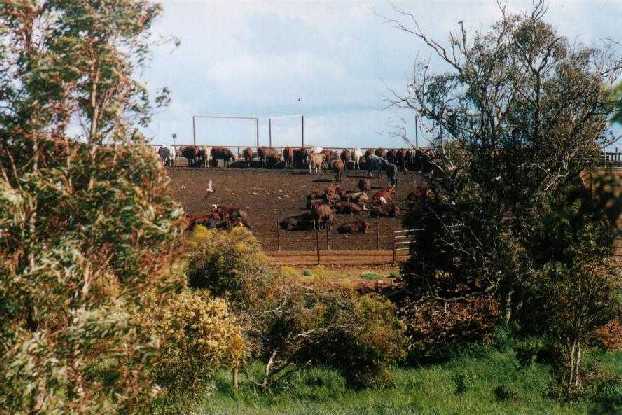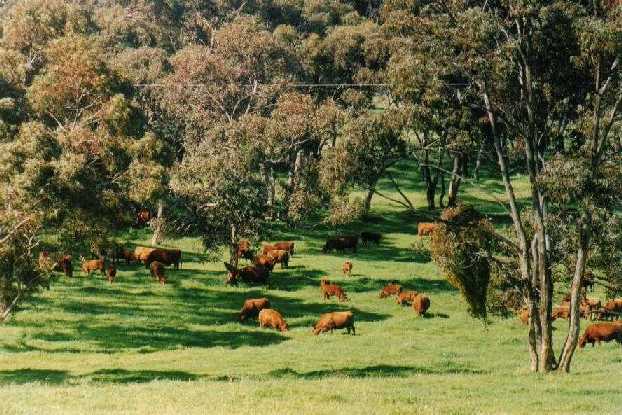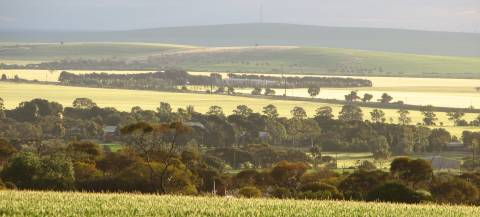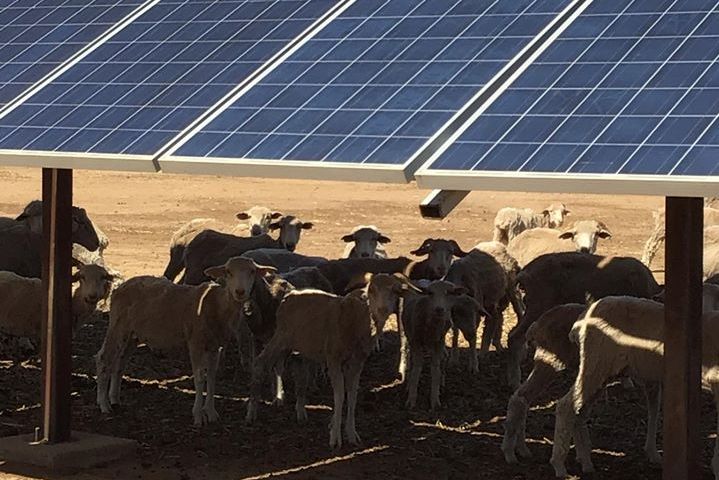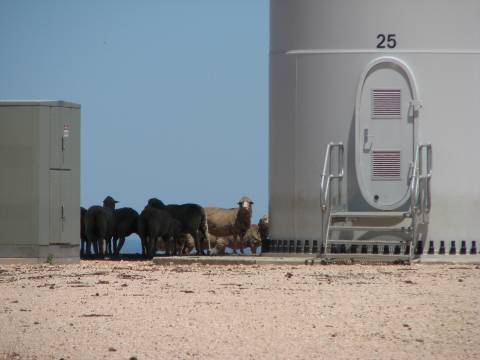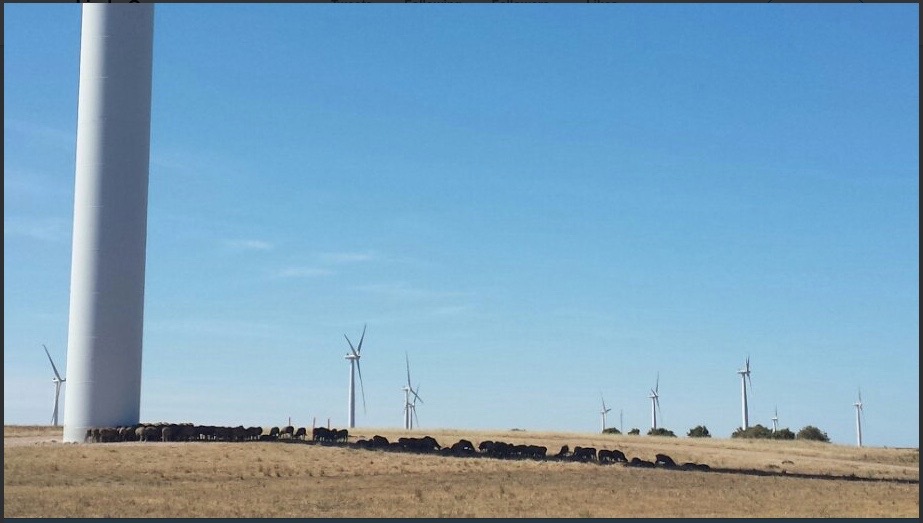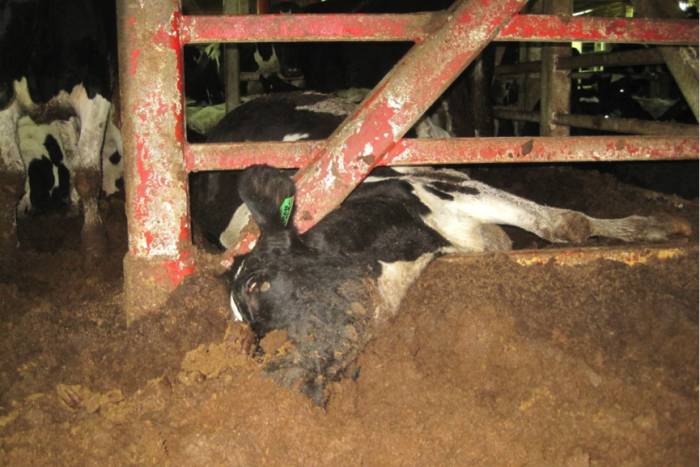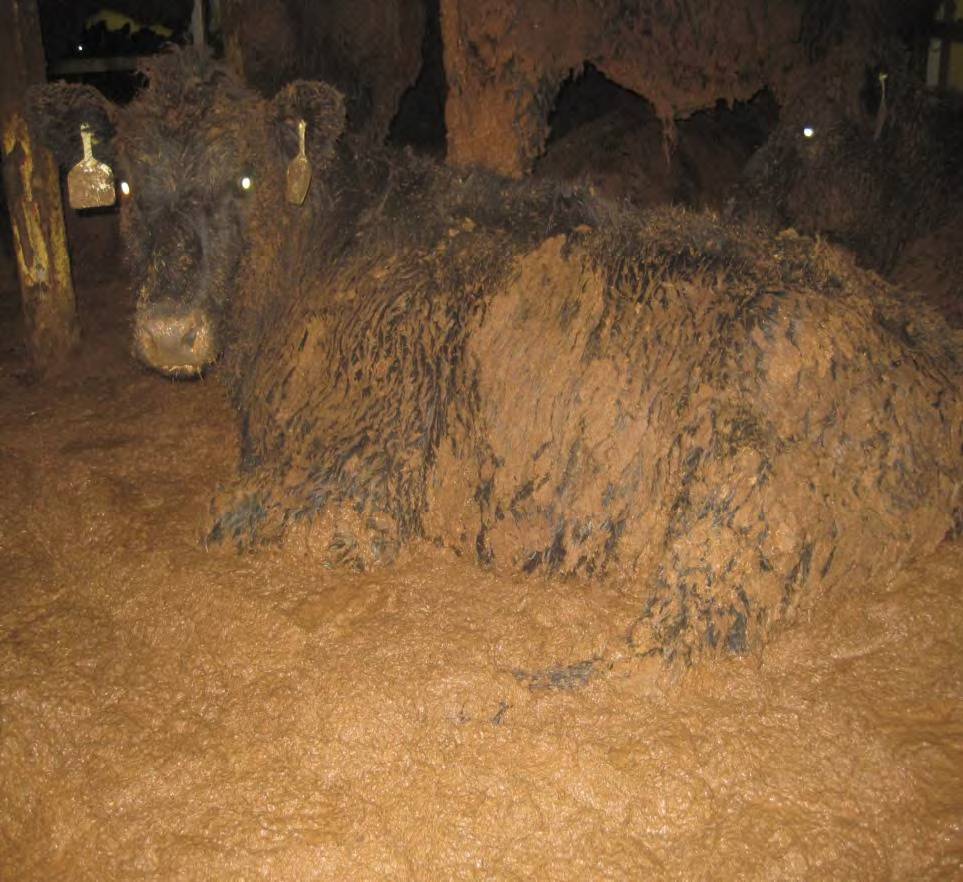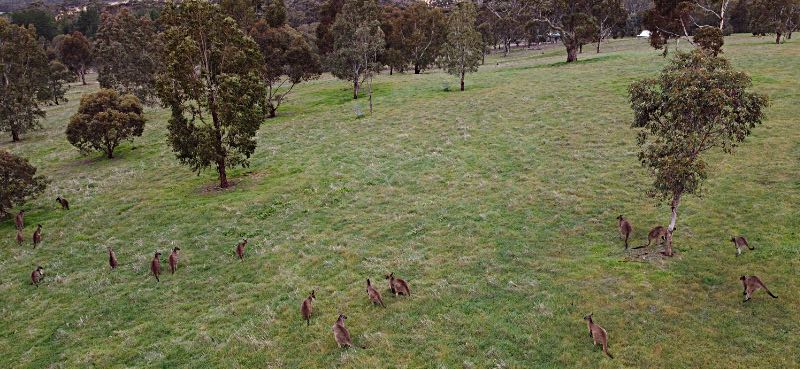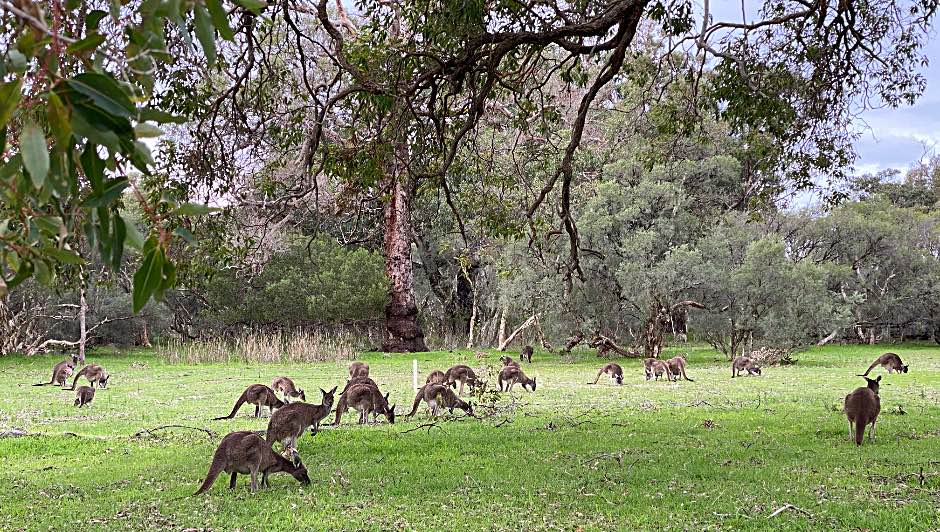Philosopher Jeremy Bentham writing on the rights of animals
In his famous Introduction to the Principles of Morals and Legislation, Bentham wrote:"The day may come when the rest of the animal creation may acquire those rights which never could have been withholden from them but by the hand of tyranny. The French have already discovered that the blackness of the skin is no reason why a human being should be abandoned without redress to the caprice of a tormentor. It may one day come to be recognised that the number of the legs, the villosity [hairiness] of the skin, or the termination of the os sacrum [whether there is a tail or not] are reasons equally insufficient for abandoning a sensitive being to the same fate. What else is it that should trace the insuperable line? Is it the faculty of reason, or perhaps the faculty of discourse? But a full-grown horse or dog is beyond comparison a more rational, as well as a more conversable animal, than an infant of a day or a week or even a month, old. But suppose they were otherwise, what would it avail? The question is not, Can they reason? nor Can they talk, but can they suffer?"(ch. 17, in The Collected Works of Jeremy Bentham, ed. by J.H. Burns and H.L.A. Hart [Oxford: Clarendon Press, 1996], 282n).
Origin of the 'supremacy of Man' idea
A very long-standing, but rationally unjustifiable, western custom is the allotting of vastly more rights and privileges to Man than to other animals. The custom is supported in the Old Testament which states that God said to Man that he (Man) should "... have dominion over the fish of the sea, and over the fowl of the air, and over every living thing that moveth upon the earth" (Genesis 2:28).This concept was passed on from the Jews to the Christians and Muslims, thus pervading Western society; and, I suspect, even many of those of us who have managed to free our minds of the God-made-the-rules idea have not got rid of the belief in the supremacy of Man. We probably do not even realize that we still carry some of the baggage that came along with the religion we were brought up with.
Eastern cultures do not all seem to place Man on a higher plane than
animals; the
Jains in particular, but Hindus and Buddhists to a lesser extent as well.
However, I'm certainly not advocating replacing Judeo-Christian
unsubstantiated beliefs with Eastern unsubstantiated beliefs.
Is the 'supremacy of Man' idea justified?
Where is the justification for giving Man virtually all the rights and animals practically none? It can't come from numerical superiority, many other species are much more numerous; nor from adaptability: mosquitoes, cockroaches, rats and mice are probably more successful in establishing themselves widely across the Earth. The justification can't come from strength, many mammals and a few reptiles are stronger; and it can't come from survival skills; cockroaches and most reptiles are much better survivors.In Man's favour, he is probably more intelligent than any other animals, although how do you measure the intelligence of a dolphin or whale? More importantly, Man is technological and has developed a complex culture; he has the power of life-and-death over all other animals (as individuals anyway, the smallpox virus is the only species that we have come close to entirely exterminating – intentionally).
But this is justifying our privileges by the 'might is right' argument; "we have the guns so we make the rules", I can't see any moral vindication here. (There is an interesting parallel here with the USA's approach to international relations.)
Considering our record as custodians of the earth we can't claim supremacy by right of moral excellence. I don't think that further explanation is needed on this point.
It has been argued that humans have souls while animals do not. Where is the evidence for this? I have argued that the concept of an immortal soul is meaningless anyway.
Some would say that we are the only animals that are self-aware and the only animals with culture. To this I would reply to the former with "prove it" and to the latter with "scientific research has demonstrated that chimpanzees have culture" (Whiten and Boesch, Scientific American, Jan. 2001).
Craig Stanford, in 'Significant Others: The Ape-Human Continuum and the Quest for Human Nature' says, "Apes and humans are cut from the same evolutionary cloth; all that fundamentally distinguishes us is posture, we being upright walkers and the apes quadrupeds. Everything else, from the size and function of our brains to the other aspects of our shared anatomies, is a difference of degree and not of kind."
So it seems that the only valid justifications for claiming that Man is superior to other animals is the "might is right" argument and, perhaps, a superior intellect – as we, Mankind, defines intellect.
|
|
|
Animal rights versus human rights
How can we justify holding the lives of our worst criminals 'sacred', while allowing many animals to be killed, used and miss-treated by many people at whim?Below I have used cattle as an example of the modern trend toward the mistreatment of domestic animals. Chooks (chickens) confined for their whole lives to small cages, are treated more cruelly than are cattle in feed lots. Pigs, highly intelligent animals, when confined in intensive indoor piggeries are also subject to worse abuse.
Cattle feed lots
As a single example of our permitting selfish miss-treatment of animals, cattle are held in feed lots for months, standing around in shit in winter and in the hot sun of summer - so that we can eat steaks with marbled fat. It is unimaginable that any humane society would allow its citizens to be treated in this way.
|
Compare the two photos. Does the boggy yard provide an acceptable environment for cattle that would prefer to be grazing on grassland?
Animal rights has been discussed at length by philosopher Peter Singer (in a book named Animal Rights? I'm not sure of the name) and by several philosophers in Ethics in Practice: An Anthology, edited by Hugh LaFollette; Blackwell Philosophy Anthologies.
|
|
Climate change and animal rights
As I write this section, in November 2013, the Abbott Australian Government is doing its best to dismantle the structures, modest though they were, that the previous Labor governments put in place to achieve some action to slow climate change.I ask the reader to think, when next he or she sees a bird, what choices does that bird have in whether something is done to slow the climate change that will severely affect that bird's habitat? Is it to the bird's advantage that Australia continues making lots of money by mining and selling coal? Or would the bird's prospects be more advantaged by Australia reducing its greenhouse emissions?
And then think that the same question could be asked in relation to all of the creatures on this planet.
What right do we humans have to damage the habitats of all the animals on the planet simply for our own short-term advantage?
We can carry that question even further. Is it really to the advantage of most Australian's that we take no, or very little, action on climate change, or is it just to the short-term advantage of a few wealthy people and the politicians who pander to them?
|
|
Eating meat
If animals have similar rights to humans, can the eating of meat be justified?Death is not necessarily cruel, it is quite possible to humanely kill an animal, nor is death to be feared. We cannot live without impacting the lives of other species, but we do have an obligation to minimise the negativity of that impact. If we take up a vegetarian life style we have to protect the plants that we grow from the animals that would eat them and we have to remove (kill) plants that would compete against them. Even if we adopt a fruitarian diet, we still have to clear away the pre-existing vegetation to make room for our fruit trees, kill weeds, and protect our crops from birds; for every additional fruitarian person who lives there is that much less space for wild plants and animals.
We can argue that animals being killed as a source of food is entirely natural, but this does not show that it is ethical. We have to look at the balance of good and bad that results from raising animals for food and slaughtering them.
So long as they are raised and killed humanely I do not see a problem; they live a 'happy' life (if the concept of happiness can be applied to animals), and do not suffer at the time of death.
The shooting and slaughtering of kangaroos for their meat and skins has been controversial. I have discussed this in another section of this page.
|
Shade and shelter for livestock
|
In winter, shelter from cold winds, especially cold winds with rain, is
similarly needed by stock.
Again it is often not provided, except for ewes with young lambs because
the lambs are likely to die in such weather without shelter - the farmers
maximise their profits.
A small patch of trees and shrubs could make the animals' lives more
pleasant in the worst of the wintry weather.
| ||||
|
In areas with rainfalls around 600mm it seems best to plant in summer, so that the seedling can establish before the winter; they do not actively grow in the winter in the colder, wetter areas. Whether planted in summer or winter, they should be given at least 10 litres of water at the time of planting and the soil around them given a good covering of mulch to conserve water and stop weeds from establishing. With this treatment many will survive their critical first year. As in the case of autumn planting, a summer planted seedling will benefit from a watering or two to help them through the first summer, but this is not essential in the cooler areas.
Of course nearly all trees need to be protected from browsing by livestock when they are young. This is particularly the case with the more palatable genera like Callitris, Casuarina, and Allocasuarina. Eucalypts are less palatable, but their leaves – and even small twigs #8211; will still be eaten by hungry sheep. The only genera that I have come across that does not need protection is Araucaria and one of the spiny palms – both very slow growing.
